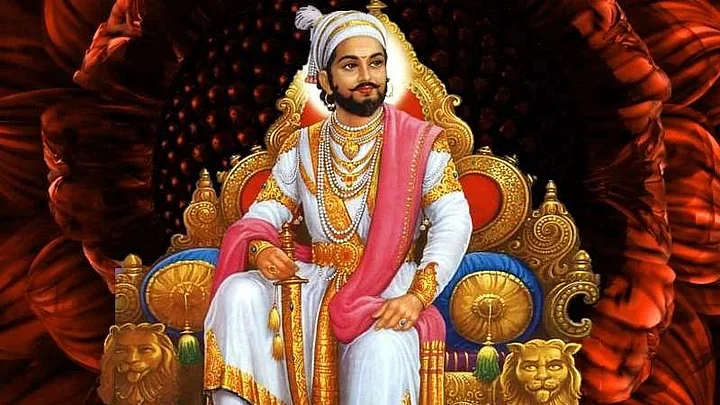Chhatrapati Shivaji Maharaj's death anniversary is observed every year on 3 April to commemorate the valiant Maratha warrior king and his bravery on the battlefield.
Chhatrapati Shivaji Maharaj led the foundation of the Maratha Empire and is renowned for his warfare strategies, administrative skills, heroism, and other gallantry skills. He was born in the Bhonsle Maratha clan, in present-day Maharashtra on 19 February 1630.
Shivaji Bhonsle, also known as Chhatrapati Shivaji, died on 3 April 1680 at the age of 50. The reason of his death was sickness due to fever and dysentery.
Let us read some interesting facts about Chhatrapati Shivaji Maharaj, the Maratha warrior king.
10 Interesting Facts About Chhatrapati Shivaji Maharaj
The father of Chhatrapati Shivaji Maharaj was a Maratha general who served the Deccan Sultanates
A majority of the people believe that Chhatrapati Shivaji was named after Lord Shiva. However, some people believe that he was named after a local diety
In the year 1674, Shivaji Maharaj was enthroned as the emperor (Chhatrapati) of his kingdom at Raigad
Chhatrapati Shivaji Maharaj was a great advocate of women's rights and enacted laws prohibiting women from being dishonoured. Any offence committed against women was dealt with harshly. His officers and soldiers were severely prohibited from womanising and were never permitted to imprison women
Shivaji Maharaj established the Ashta Pradhan Mandal, a council of eight officials that provided administrative and advisory guidance to Shivaji on a variety of political and administrative issues
Chhatrapati Shivaji Maharaj is said to be the first native Indian king of medieval India to create his own navy. He administered his first naval expedition in 1665
Chhatrapati Shivaji is renowned for reviving Hindu courtly and political customs. He pushed for the replacement of the commonly used Persian language in administrative procedures with Marathi and Sanskrit
Chhatrapati Shivaji Maharaj was a brave warrior and an expert leader. He planned covert military missions and was a master at guerrilla warfare. Because of his stealthy warfare, he was frequently referred to as the "mountain rat."
Shivaji Maharaj had no formal schooling, despite the fact that he had an extensive knowledge of Ramayana and Mahabharata and was also a keen learner
Shivaji Maharaj was a secular ruler. He was not in favour of religious discrimination, and had many Muslims like Ibrahim Khan and Daulat Khan in his navy
(At The Quint, we question everything. Play an active role in shaping our journalism by becoming a member today.)
